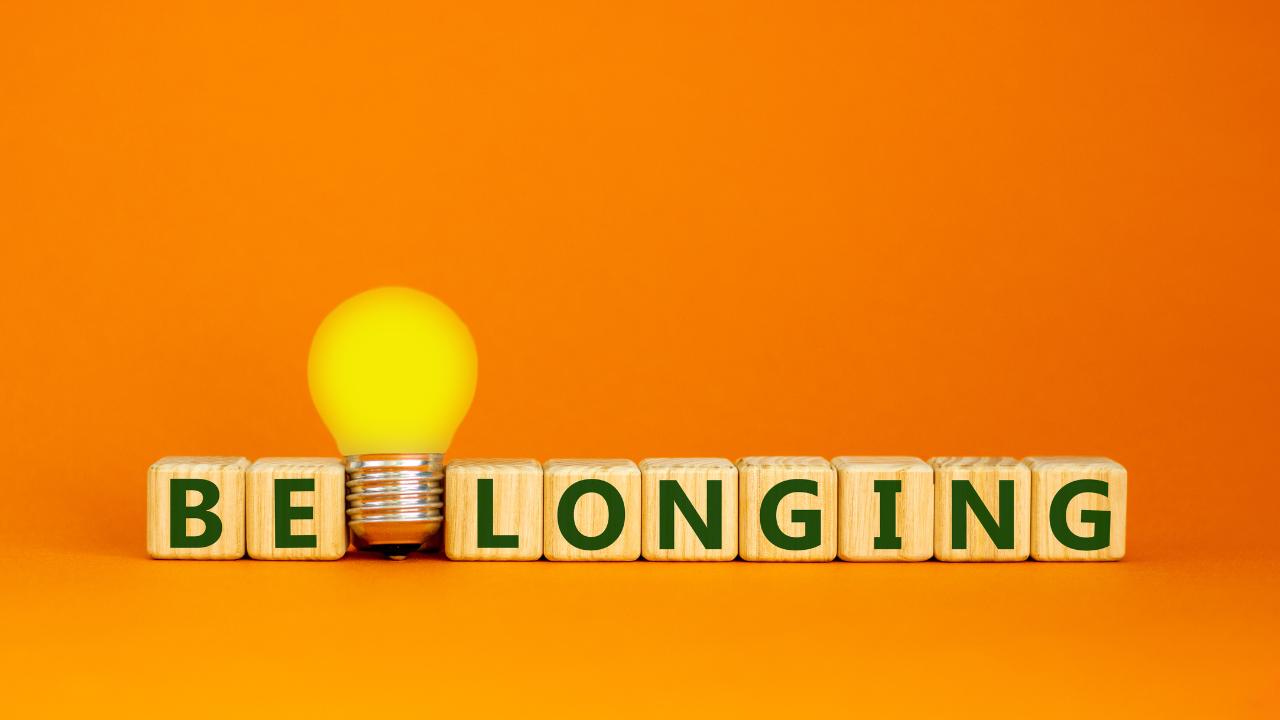FEELING LIKE THE ODD ONE OUT AT WORK?
ARE YOU BEING IGNORED OR IS IT SOMETHING ELSE?

ARE YOU BEING IGNORED OR IS IT SOMETHING ELSE?
By Mika Holborrow (CC Collaborator and Cultural Intelligence Specialist).
Was it merely a nagging sensation, or was it something more profound? Nicole observed a shift in Nathan's behavior. Initially, he had been quite amicable, frequently checking in on her progress. However, in the past two weeks, Nathan appeared to be giving her the cold shoulder. His emails had become notably shorter, and his demeanor during meetings lacked warmth, not even a hint of a smile. Suddenly, Nicole began to realize that it wasn't just Nathan; James, too, had started acting differently. In fact, coming to think of it, James had escalated an issue to their boss which he knew she was dealing with and had control over.
Fast forward three months, and Nicole found herself feeling more isolated and marginalised than ever. She no longer felt like she belonged and felt pushed out from various work-related activities. She could sense the quiet, peculiar treatment from her colleagues.
Nicole's experience is not unique – it’s one shared by more than half of UK employees, making it a pervasive issue across the workforce (Povaddo, 2022).
Why It’s Important To Feel We Belong
The sense of fitting in and belonging is not only vital for our own well-being but also impacts our performance and productivity at work. Being part of the group, feeling accepted and valued is one the greatest contributors to a well engaged employee. Of course, fitting in is the responsibility of both the individual and the group, requiring effort on both sides. We all have our idiosyncrasies, yet finding a good balance between our authentic self and the self we present to others, while building professional relationships, is a delicate arrangement that gets better with experience.
On the other hand, feeling excluded, ignored, overlooked, and disregarded falls under the category of Workplace Ostracism. Workplace Ostracism is defined as "the extent to which an individual perceives that he or she is ignored or excluded by others" (Ferris et al., 2008).
Ostracism's roots run deep in history, carrying connotations of punishment and exile. While that might seem extreme, more subtle forms of ostracism are prevalent and easily recognizable. This can manifest as receiving the silent treatment in a meeting, ignored communication, a shift in energy and attitude, or not being invited to socialise outside of work. These manifestations can be so ambiguous, that recipients often wonder if they are imagining them, attributing it to a bad case of imposter syndrome.
Why Is This Affecting Me So Much?

According to social cognitive neuroscientists, it is here that we really begin to see the full picture of what ‘not fitting in’ is doing to our mental processes. The results show that the brain uses similar circuits to manage the social and physical variants of pain and pleasure, meaning that there is a measurable response in our brains to feelings of exclusion and the way that manifests in our emotions (Eisenberger and Lieberman Williams, 2003.). Ultimately, it is the same neural pathways our brains use to recognise social rejection caused by ostracism to that of physical pain caused by physical injury.
Not fitting in and remaining on the outside is often accompanied by feeling that there is something inherently wrong with ourselves. The process gets internalised and all fingers point back to you. Why can’t I just be like them? While this may result in feeling pressured to fit in, it also results in lowered self-esteem which has the reverse effect of becoming more resistant to engage in pro-social behaviours. Living in cycles of self-doubt causes emotional dysregulation, impaired reasoning, and poor decision making.
I was keen to ensure a broad perspective when looking at this deep sense of un-belonging, and why so many female leaders shared this painful experience. In speaking with 6 women, all of whom have held senior HR positions in international organisations, there were two common threads that rooted the women in feeling different and excluded at work:
- Conflicting Values between the Employee and the Organization
- Systemic Cultural and Gender Biases
A conflict between the values of an organisation and those that you personally uphold can cause high levels of inauthenticity. Feeling trapped to decide whether you should speak out against transgressions, in fear of being cast out by an organization that prioritizes loyalty can lead to sudden ostracism.
Systemic cultural and gender biases are evidenced to exclude people from social and professional networks. The barriers present when trying to effectively navigate working in a boy’s club are not new discoveries. The abhorrent impacts of stereotyping, tokenism, microaggressions and promotion disparities are very much alive in our work environments.
Words Of Guidance From Those Who Have Been There
While the picture may look bleak, there were a number of things that the women I interviewed identified as being helpful in their mindset to move forward.
- Explore and hold firm boundaries - whether that be work/life balance routines or even becoming more self-aware of what you will not tolerate. While you may not fit in, you can earn credible respect for your stance and this helps to regain some control.
- Call out behaviour as it happens - Letting it fester will not improve the situation, either in your thoughts or the way you respond. Find a coach or a supportive person to practice addressing the issue of feeling excluded and get comfortable with addressing conflict.
- Enlist and forge your own networking group - This works best with a degree of influence and is a long term strategy.
- Know when it’s time to leave - There are times when taking that final step is the best and only decision to make, especially if your mental and emotional health is at risk.
- Accept that after intentional effort to fit in but not feeling like you do, it is most often the effect of a toxic style of leadership that dictates the culture. It’s not you or your difference.
Remember, in the famous words of Gruenert and Whitaker, “The culture of any organization is shaped by the worst behaviour the leader is willing to tolerate.” Asking yourself to look at the worst behaviour that you’ve witnessed will likely reveal greater clarity around what is really going on.

Thanks to Mika for this great article and insight on the emotions and feelings of not fitting in and what we can do to explore our mindset and make adjusments to satisfy our need to belong.
Want to Know More?
If you would like to explore more about your sense of 'lack of fit' or wanting to find ways to feel like you belong then come to our next free Lunch and Learn on Friday 20th October at 12pm. Non-Members can sign up at Eventbrite to secure your place.
All Free and Full Members of the Confident Career Club have been sent the link details in the Newsletter sent on Monday 16th October.
In November we will also be releasing our 'In Conversation With Mika' about Cultural Intelligence into the Confident Career Club which you can currently sign up to for a 14 day free trial using this link.
You can also get in touch to enquire about getting some guidance on where to go next with dealing with your current challenge. Email us here info@confidencecollaborative.com
Or book a catch up here to find out how we can help.
Best Wishes
Joanne and Maggie